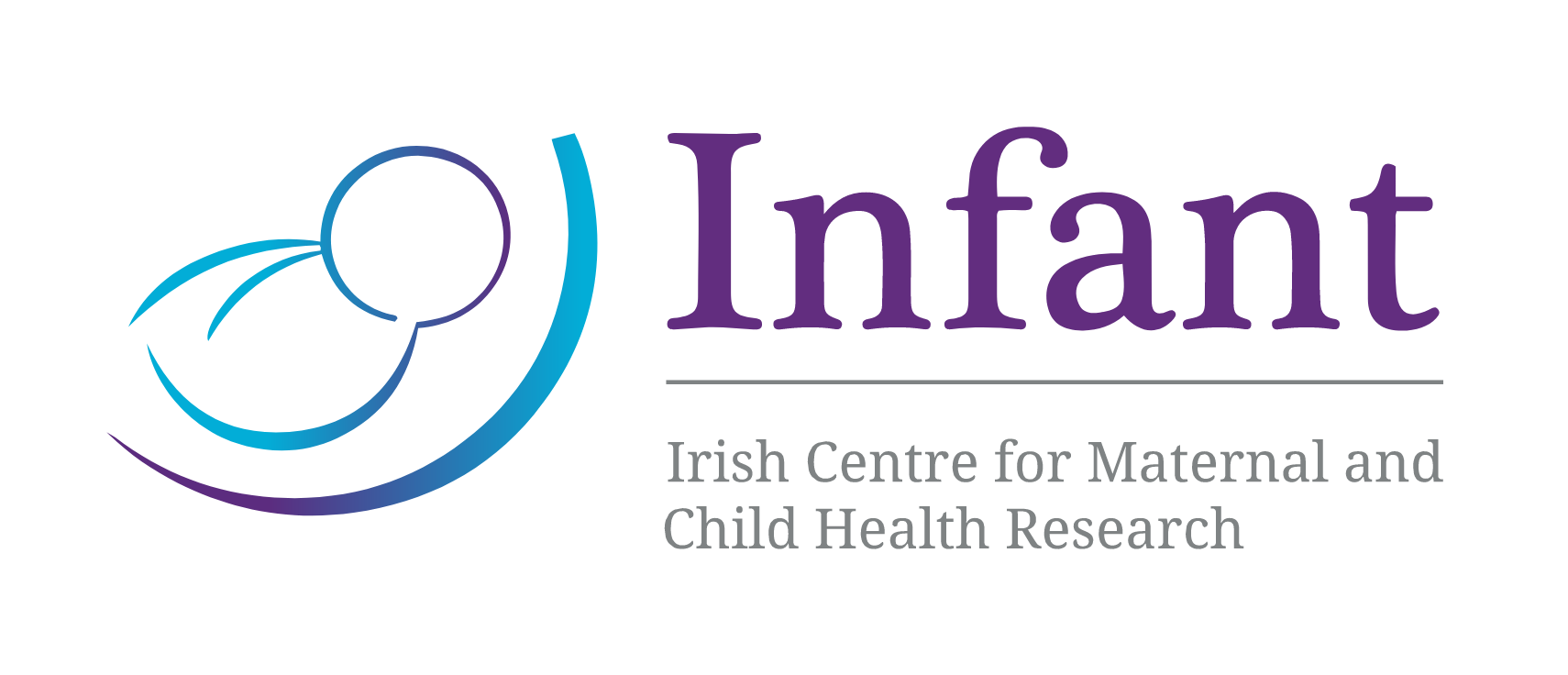SCOPE
SCOPE (Ireland) Screening For Pregnancy Endpoints – Predict to Prevent

What is SCOPE?
The SCOPE Study was a study conducted in Ireland in Cork University Maternity Hospital (CUMH) as part of a larger international study that had recruiting sites in New Zealand, Australia, and UK. Recruitment to this study commenced in 2004 with the last baby recruited in Ireland in 2011 (approx. 84 months).
The primary objective of SCOPE was to produce clinically useful screening tests to detect first time mothers at risk of pre-eclampsia, spontaneous preterm birth (PTB) and/or growth restricted babies, allowing intervention to prevent these conditions.
Over 48 million babies are born to first time mothers worldwide every year. Women embark on their first pregnancy believing that they and their baby will be healthy, but almost one in five pregnancies are complicated either by pre-eclampsia, spontaneous PTB and/or a small for gestational age (SGA) baby. SGA is the more accurate scientific term for a pregnancy complicated by fetal growth restriction.
In approximately half the affected pregnancies, the disease necessitates hospital admission for the mother and/or the baby, or results in maternal or perinatal mortality. All three conditions have life-long consequences for the child. Being born SGA also predisposes the child to cardiovascular diseases and diabetes as an adult.
Pre-eclampsia, spontaneous preterm birth (PTB) and delivery of growth restricted babies are the three major complications of late pregnancy. These complications affect approximately 20% of nulliparous women, are a leading cause of maternal morbidity, perinatal morbidity and mortality, neuro-developmental handicap, and lifelong health consequences.
There are several known clinical risk factors and biomarkers for these diseases. Although none are useful predictors in isolation, combinations of markers are likely to prove to be effective predictors of adverse pregnancy outcome.
The main aims were:
- To conduct a large unique pregnancy screening study within the UK and Ireland to establish an exceptional quality biobank with well characterised clinical data, as a research resource to develop novel methods of predicting adverse pregnancy outcomes.
- To identify novel biomarkers that are differentially expressed in early pregnancy in women who subsequently develop pre-eclampsia, spontaneous PTB and/or growth restricted babies.
- To evaluate the screening potential of novel combinations of clinical risk factors and biomarkers to predict these late pregnancy diseases.
- To develop predictive algorithms based on combinations of clinical risk factors and/or biomarkers to give nulliparous women an accurate risk rating for each target disease.
- To determine the metabolomic profile of normal pregnant women at various time-points in pregnancy and post-natally
- To determine skin barrier function in pregnancy and up to six months post-natally.
During the study, SCOPE had an interactive website which gave regular updates on the study and recruitment, how the study was progressing, reporting on research and media attention the study attracted. The website is still active and can be viewed at: http://www.scopestudy.net/
Continued Storage, Processing and Analysis of Data and Samples
In 2018 the Health Research Consent Declaration Committee (HRCDC) was established as part of the Health Research Regulations made under the Data Protection Act, 2018.
The purpose of those Regulations is to support health research and promote necessary and desirable public confidence in such research.
The Regulations make explicit consent the default position for processing personal data for health research. In other words, a health researcher planning to use an individual’s information for health research must obtain the explicit consent of the individual to do so. This is about empowering the patient in relation to his or her medical records.
However, it is recognised – as it is in other countries – that sometimes, in limited situations, obtaining consent will not be possible and that the public interest of doing the research significantly outweighs the need for explicit consent. It is in cases like this that HRCDC has a decision-making role.
In 2019 the INFANT centre at UCC (responsible for continued storage, processing and analysis of SCOPE data and samples) applied for a Consent Declaration from the HRCDC. This declaration, granted in 2021 permits the INFANT centre to continue to store biosamples and personal data from the study and to continue processing and analysing the samples and data for the purpose of the SCOPE study. The data and biosamples are stored securely for future related research which can only be undertaken subject to Ethics Committee approval.
If you would like more information about your rights (including the right to withdraw) please visit our Data Protection page.
We are continuing to carry out important secondary data analysis of the stored data and biosamples collected from the SCOPE cohort, for example data from the SCOPE cohort is currently being used in the IDEA project.
A summary of the outputs from SCOPE data from June 2021-June 2022 is outlined below:
1: Maher GM, Khashan AS, O’Byrne L, Flanagan S, Mortimer RM, Kiely M, O’B Hourihane J, Kenny LC, Murray D, McCarthy FP. Periconceptual and prenatal alcohol consumption and neurodevelopment at age two and five years. Eur J Obstet Gynecol Reprod Biol. 2022 Jul;274:197-203. doi: 10.1016/j.ejogrb.2022.05.034. Epub 2022 May 31. PMID: 35667175.
2: Carter M, Casey S, O’Keeffe GW, Gibson L, Murray DM. Mid-gestation cytokine profiles in mothers of children affected by autism spectrum disorder: a case-control study. Sci Rep. 2021 Nov 16;11(1):22315.
3: Casey S, Carter M, Looney AM, Livingstone V, Moloney G, O’Keeffe GW, Taylor RS, Kenny LC, McCarthy FP, McCowan LME, Thompson JMD, Murray DM; SCOPE Consortium. Maternal Mid-Gestation Cytokine Dysregulation in Mothers of Children with Autism Spectrum Disorder. J Autism Dev Disord. 2021 Sep 9.
4: Morillon AC, Leite DFB, Yakkundi S, Gethings LA, Thomas G, Baker PN, Kenny LC, English JA, McCarthy FP. Glycerophospholipid and detoxification pathways associated with small for gestation age pathophysiology: discovery metabolomics analysis in the SCOPE cohort. Metabolomics. 2021 Jan 5;17(1):5. doi: 10.1007/s11306-020-01740-9. PMID: 33398476; PMCID: PMC7782411.
Should you wish to obtain more information regarding the continued storage of your samples and data please contact: Dr Fergus McCarthy fergus.mccarthy@ucc.ie
